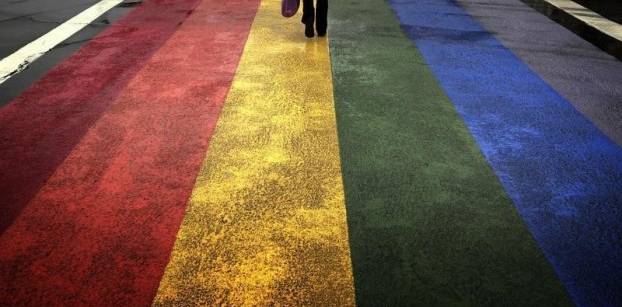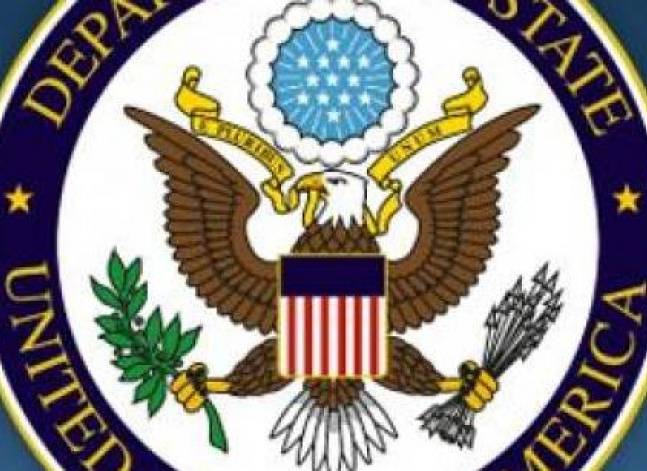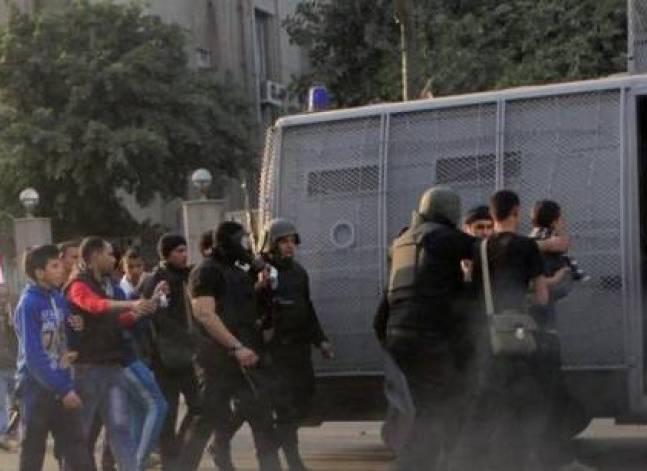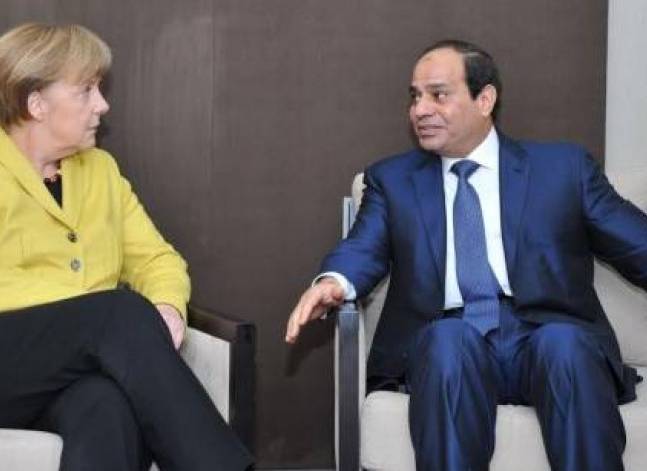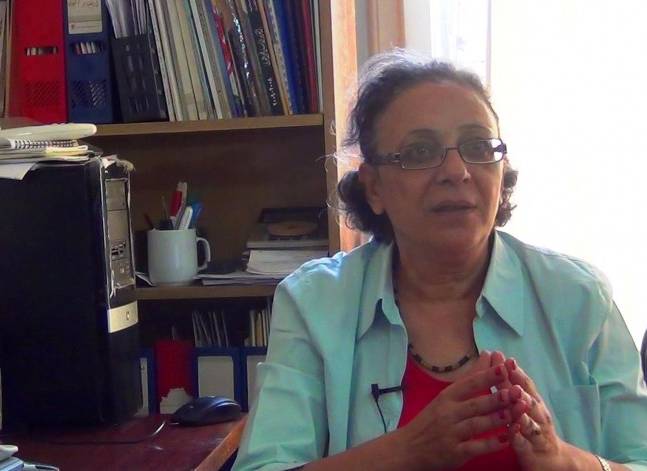Latest NEWS
- Aswat Masriya, the last word
- Roundup of Egypt's press headlines on March 15, 2017
- Roundup of Egypt's press headlines on March 14, 2017
- Former Egyptian President Hosni Mubarak to be released: lawyer
- Roundup of Egypt's press headlines on March 13, 2017
- Egypt's capital set to grow by half a million in 2017
- Egypt's wheat reserves to double with start of harvest -supply min
- Roundup of Egypt's press headlines on March 12, 2017
Muslim states block gay groups from U.N. AIDS meeting; U.S. protests
A pedestrian walks across a rainbow pedestrian crossing painted on Sydney's Oxford street, the city's main gay district, April 4, 2013. REUTERS/David Gray
UNITED NATIONS (Reuters) - A group of 51 Muslim states has blocked 11 gay and transgender organisations from attending a high-level meeting at the United Nations next month on ending AIDS, sparking a protest by the United States, Canada and the European Union.
Egypt wrote to the president of the 193-member General Assembly on behalf of the Organization of Islamic Cooperation to object to the participation of the 11 groups. It did not give a reason in the letter, which Reuters saw.
Samantha Power, U.S. ambassador to the United Nations, wrote to General Assembly President Mogens Lykketoft and said the groups appeared to have been blocked for involvement in lesbian, gay, bisexual and transgender advocacy.
"Given that transgender people are 49 times more likely to be living with HIV than the general population, their exclusion from the high-level meeting will only impede global progress in combating the HIV/AIDS pandemic," Power wrote.
U.N. officials said the European Union and Canada also wrote to Lykketoft to protest the objections by the OIC group, whose members include Saudi Arabia, Iran, Indonesia, Sudan and Uganda.
The issues of LGBT rights and participation in events at the United Nations have long been contentious. U.N. Secretary-General Ban Ki-moon has advocated for LGBT equality but faced opposition from African, Arab and Muslim states as well as Russia and China.
"We are deeply concerned that at every negotiation on a new General Assembly gathering, the matter of NGO (non-governmental organisation) participation is questioned and scrutinized," Power wrote.
"The movement to block the participation of NGOs on spurious or hidden grounds is becoming epidemic and severely damages the credibility of the U.N.," she said.
In 2014, Ban said the U.N. would recognise all same-sex marriages of its staff, allowing them to receive its benefits. Russia, with the support of 43 states including Saudi Arabia, China, Iran, India, Egypt, Pakistan, and Syria, unsuccessfully tried to overturn the move last year.
In February, the 54-member African Group, the Organization of Islamic Cooperation and the 25-member Group of Friends of the Family led by Belarus, Egypt and Qatar protested six new U.N. stamps promoting LGBT equality.
The Group of Friends of the Family promotes the traditional family. It launched a photo exhibit, "Uniting Nations for a Family Friendly World," at the U.N. on Tuesday, which is the International Day Against Homophobia, Transphobia and Biphobia.
(Reporting by Michelle Nichols; Editing by Lisa Von Ahn)

